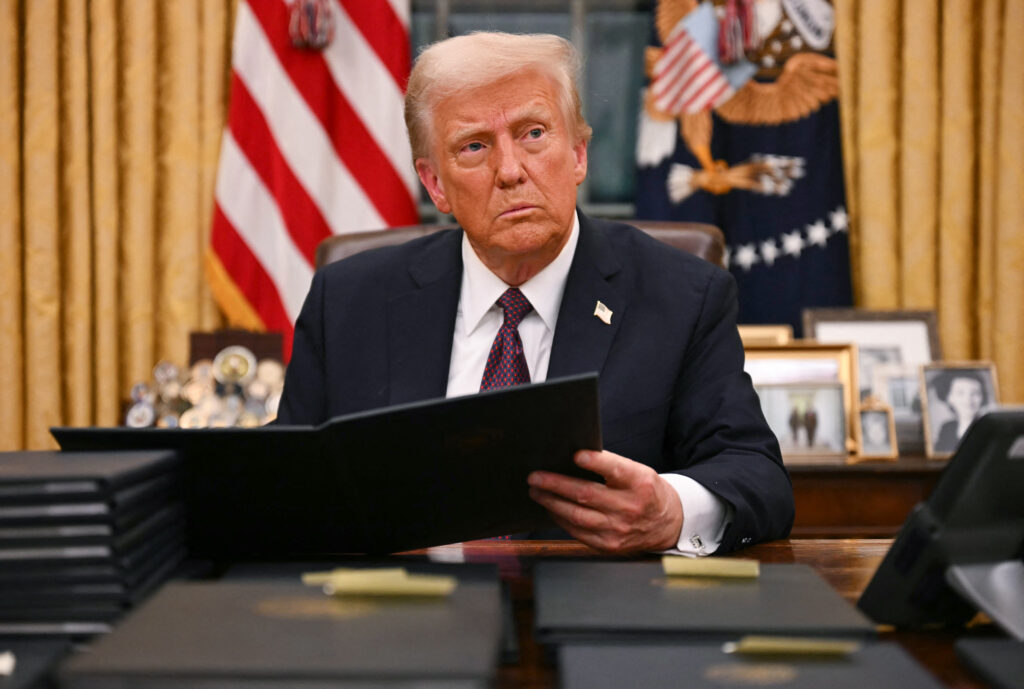After Nationwide Injunctions Ban, Judge Weakens Order Against Part of Trump’s Anti-Voting Decree

A federal judge Friday amended a portion of a previous court order against President Donald Trump’s broad anti-voting decree that seeks to increase the executive branch’s control over elections.
The modification to District Judge Denise Casper’s preliminary injunction in a case filed by Democratic state attorneys general is one of the first examples of the Supreme Court’s recent decision to curtail nationwide injunctions directly influencing voting rights cases.
Section 2d of Trump’s voting decree required public assistance agencies to assess citizenship before providing voter registration forms to enrollees. Casper, an Obama appointee, blocked several parts of Trump’s order, including 2d, in all states in June.
However, the Department of Justice earlier this month asked Casper to limit her order, claiming it ran afoul of the Supreme Court’s decision to pare back nationwide injunctions in Trump v. CASA.
Casper accepted the Justice Department’s request Friday, limiting her action against 2d to the 19 states, all Democratic-led, challenging Trump’s executive order.
The amended order won’t allow section 2d to go into effect, as a separate federal judge, District Judge Colleen Kollar-Kotelly, also limited Trump’s order in a trio of lawsuits brought by the Democratic Party and voting rights organizations.
The government hasn’t filed a motion to modify Kollar-Kotelly’s order.
Should Trump be allowed to carry out section 2d, it would disproportionately affect low-income and non-white voters, who are more likely to register when applying for public assistance. They are also more likely to lack, or cannot easily access, documents that prove their citizenship, like a passport, birth certificate or naturalization papers, multiple studies have shown.
In 2024, close to 1 million people around the country registered to vote through public service agencies — which amounted to around 1% of all registrations, according to numbers compiled by the Election Assistance Commission.
Section 2d of Trump’s order was a direct challenge to the National Voter Registration Act, which requires states to offer voter registration opportunities at designated agencies, and requires that these opportunities be accessible to all eligible voters.